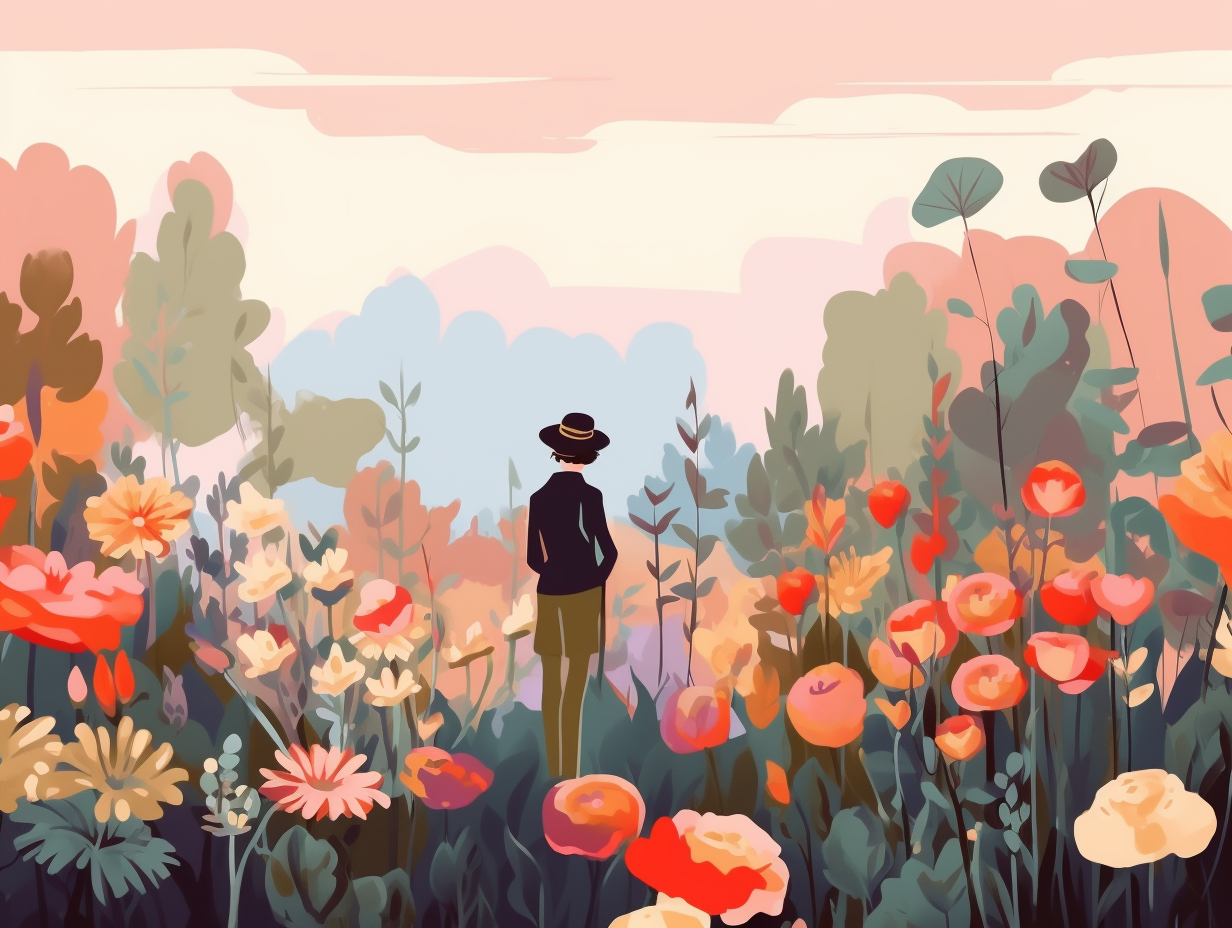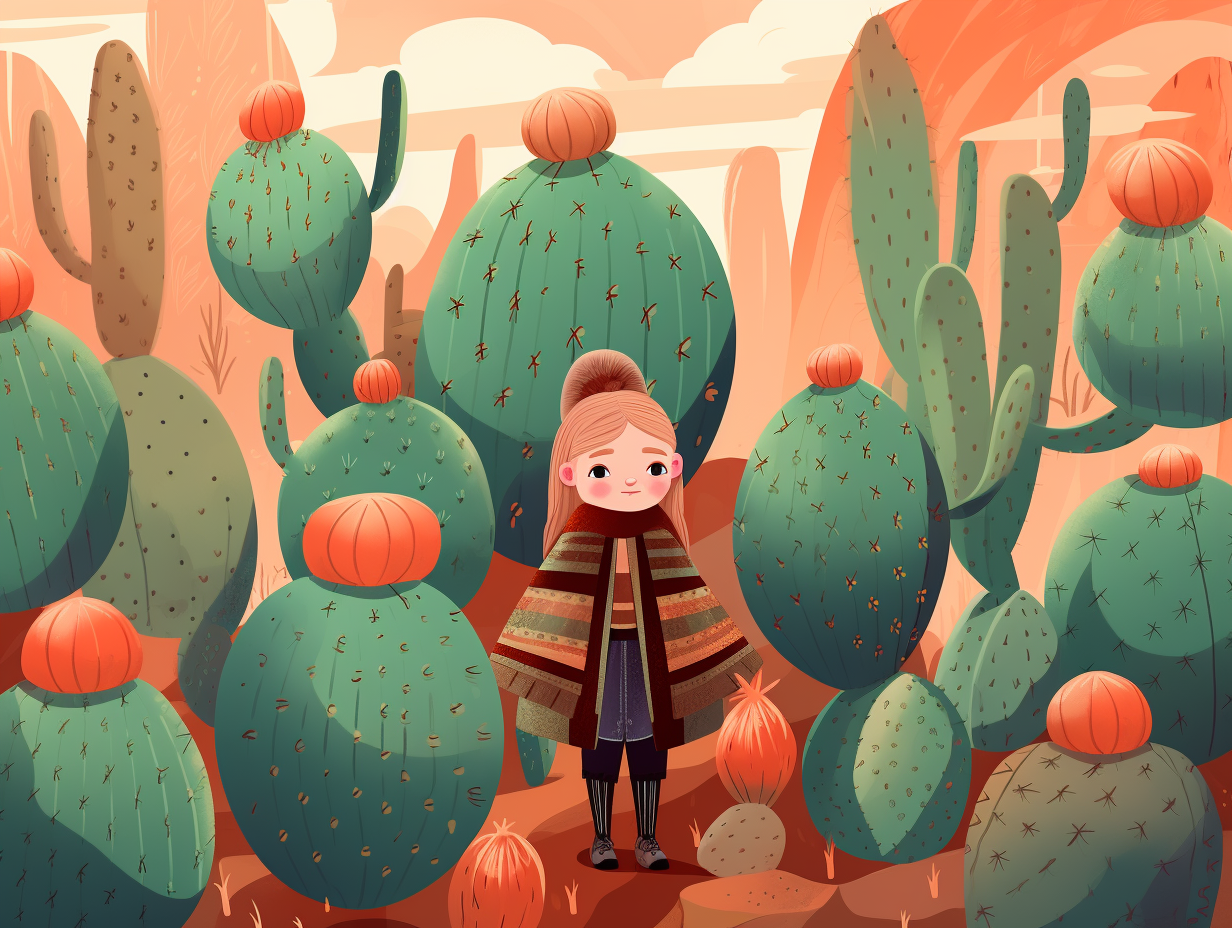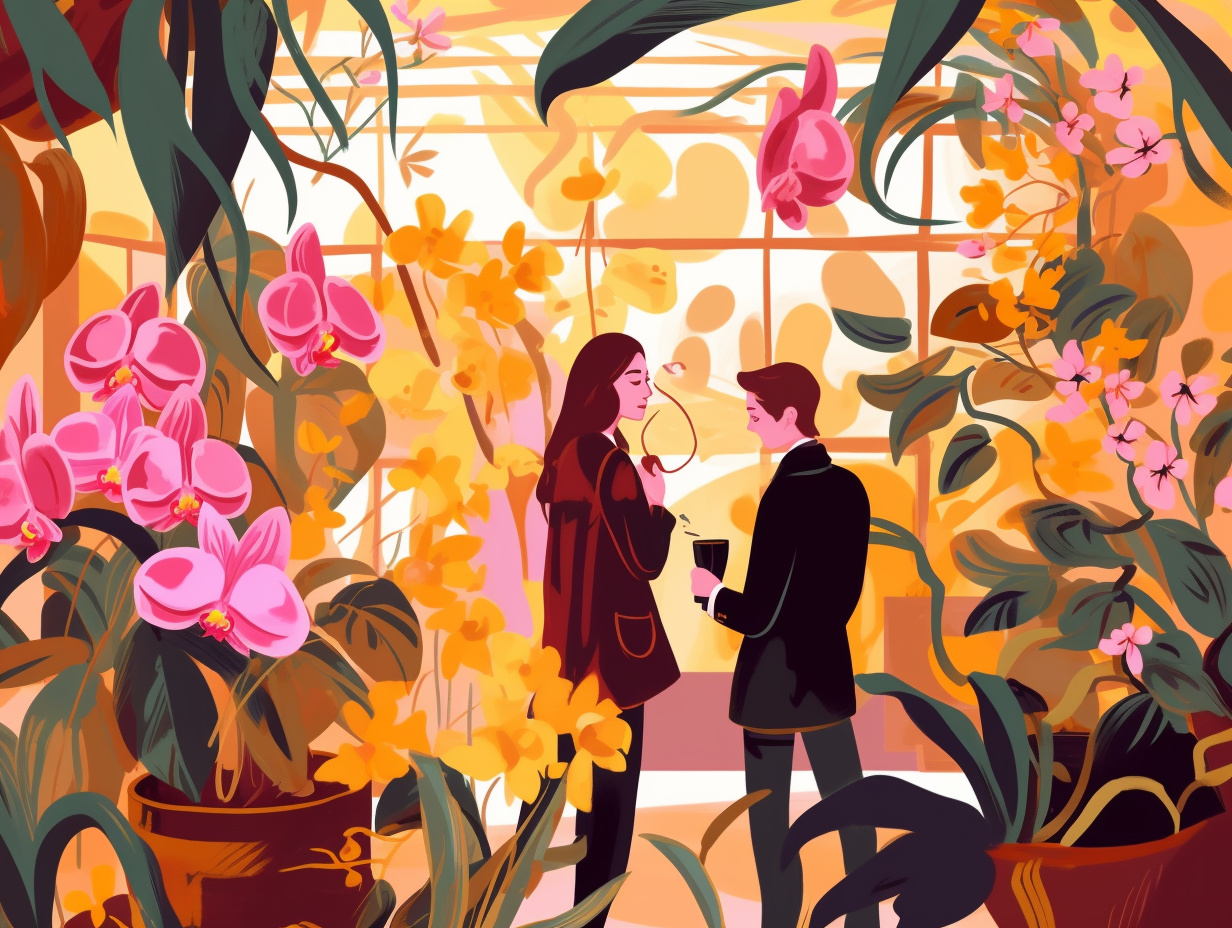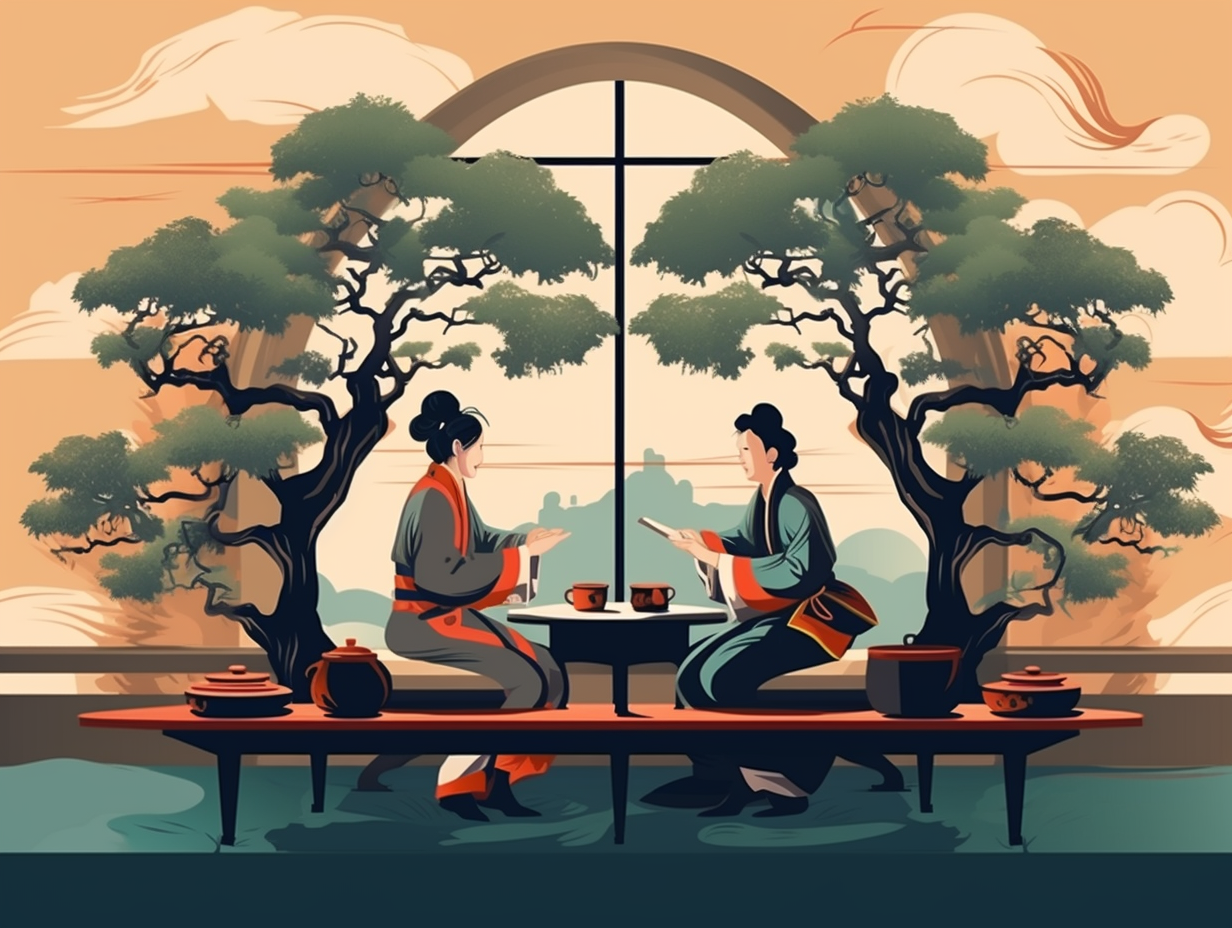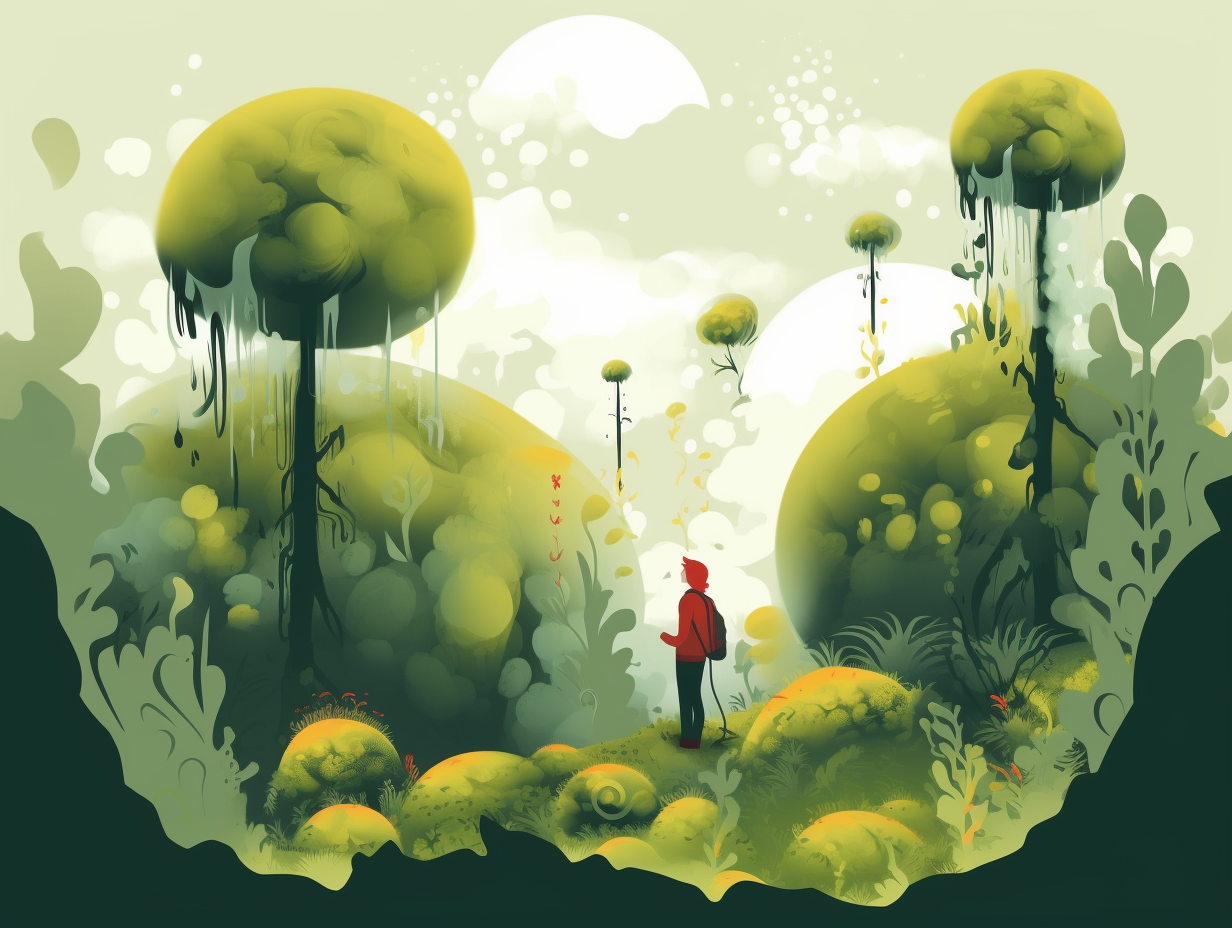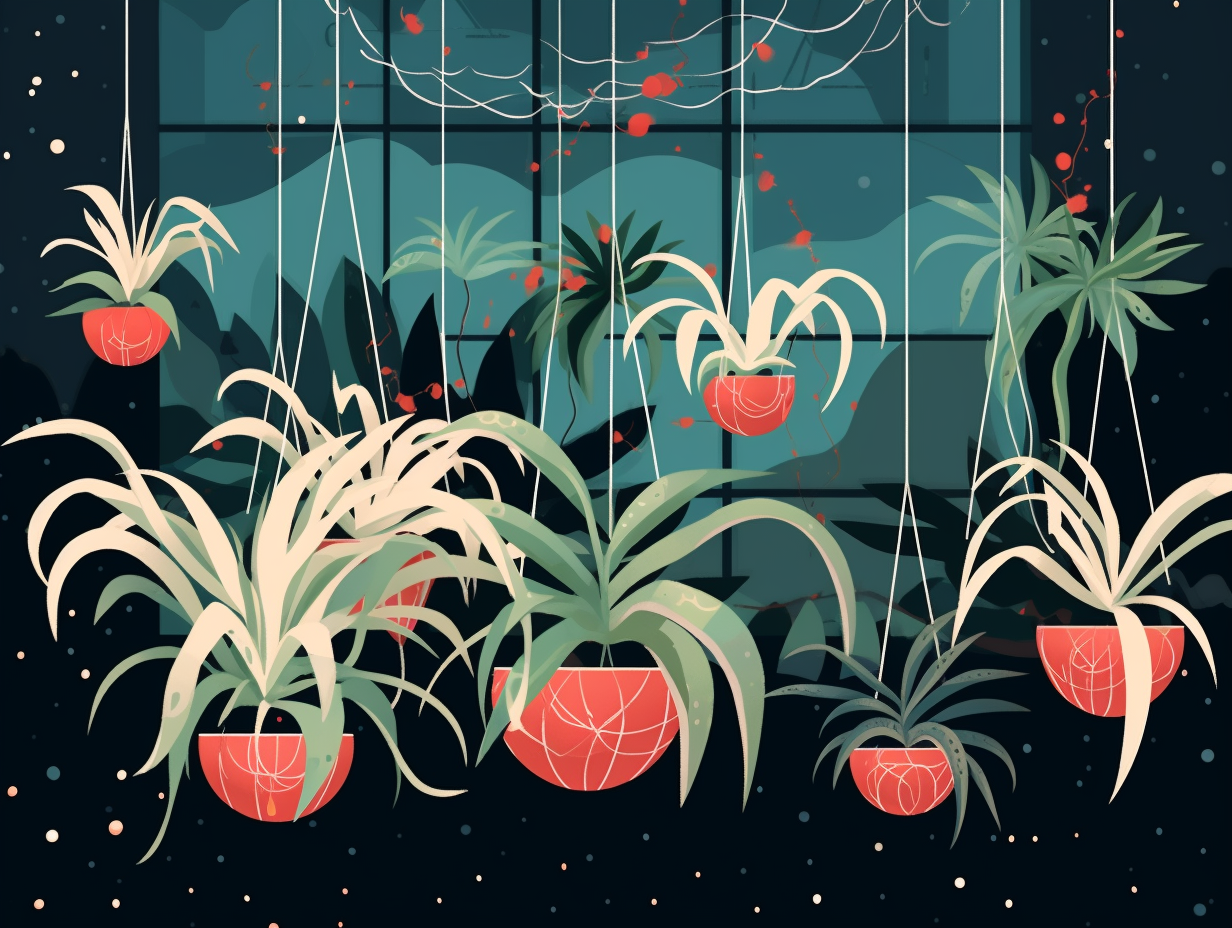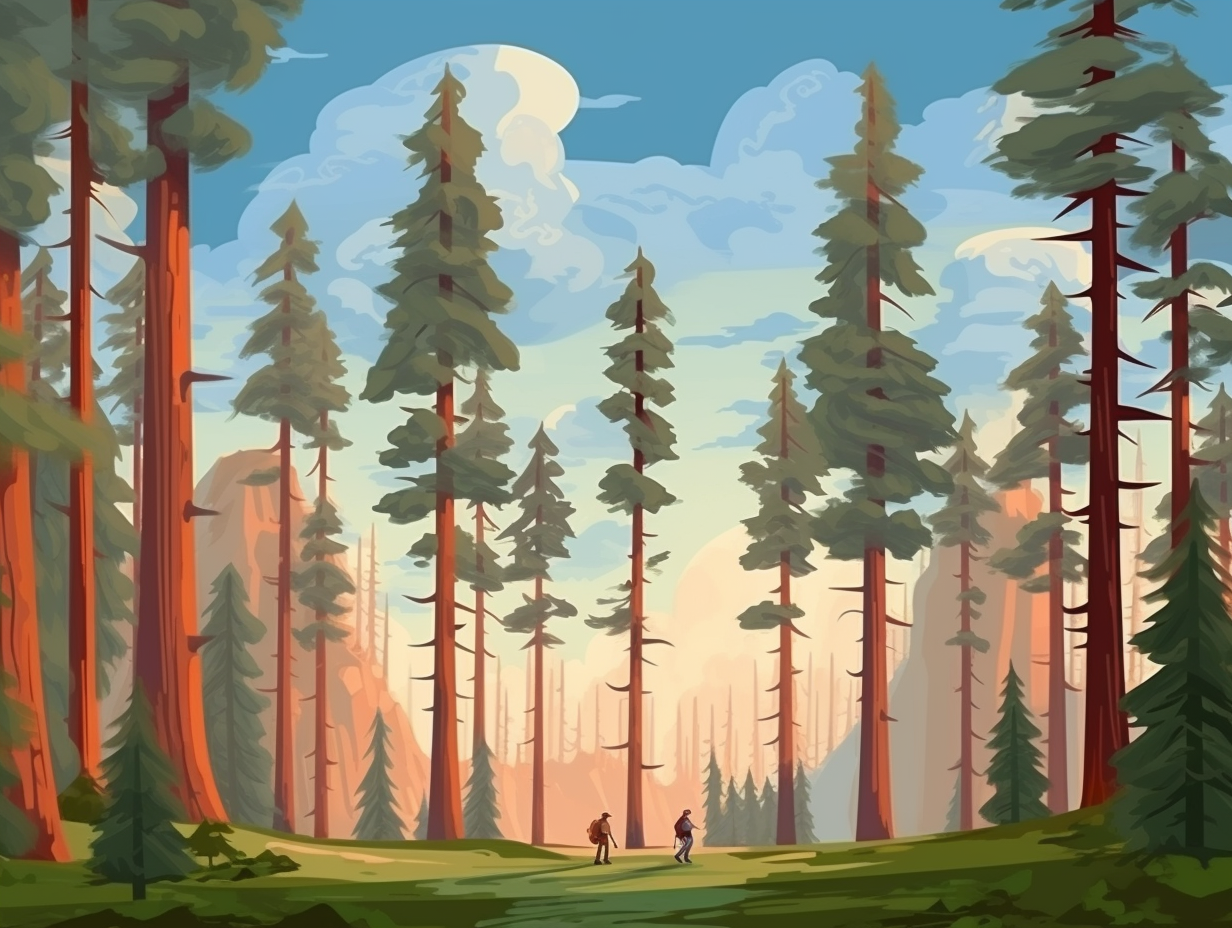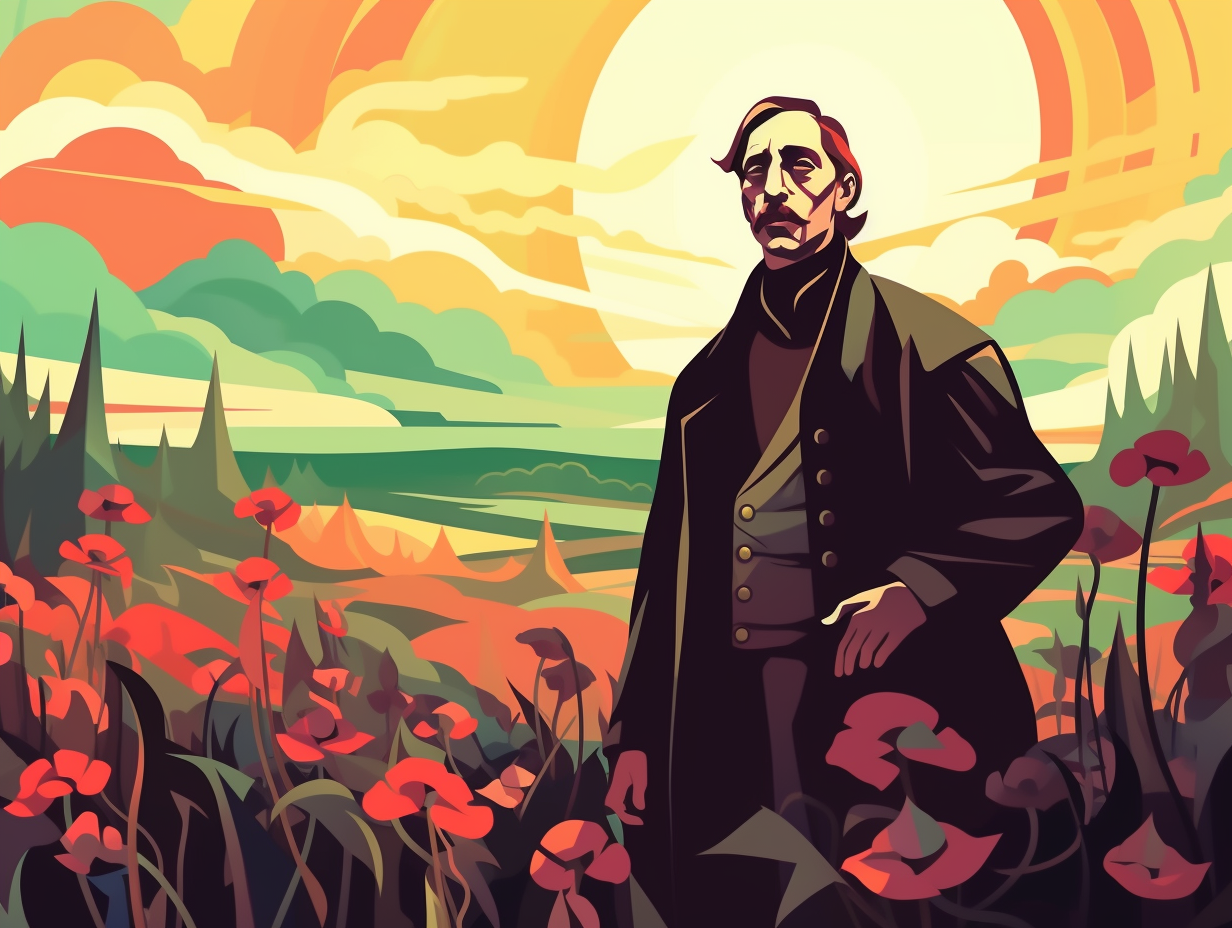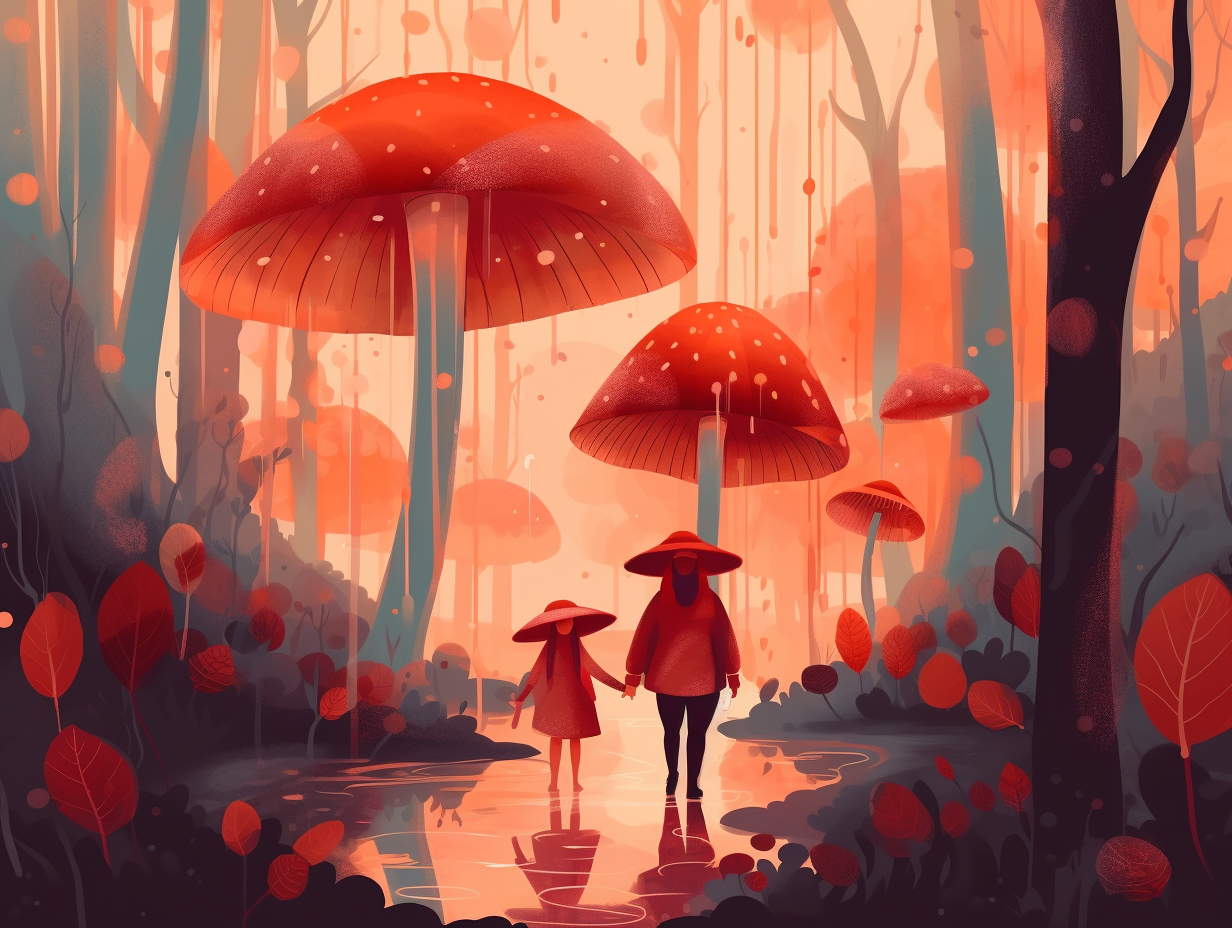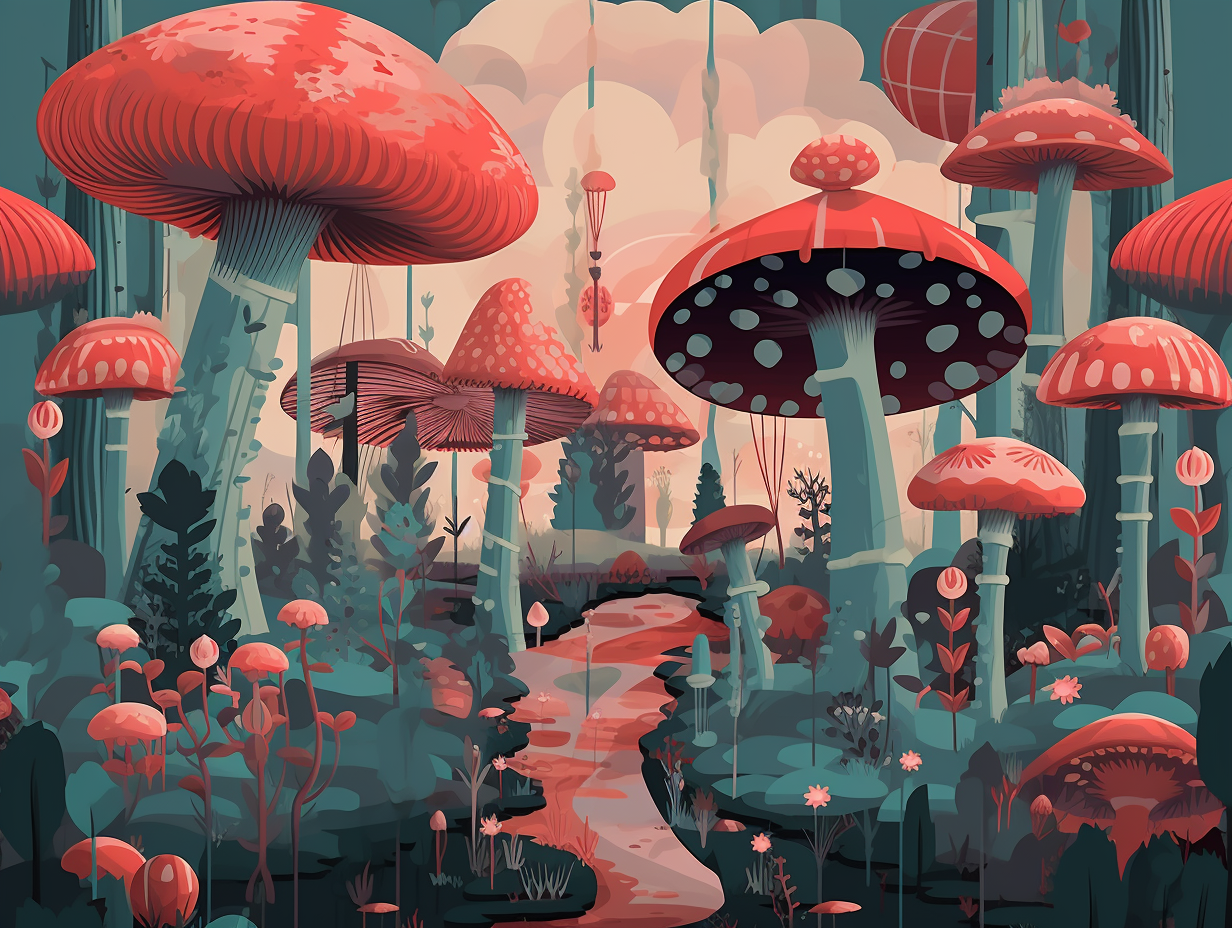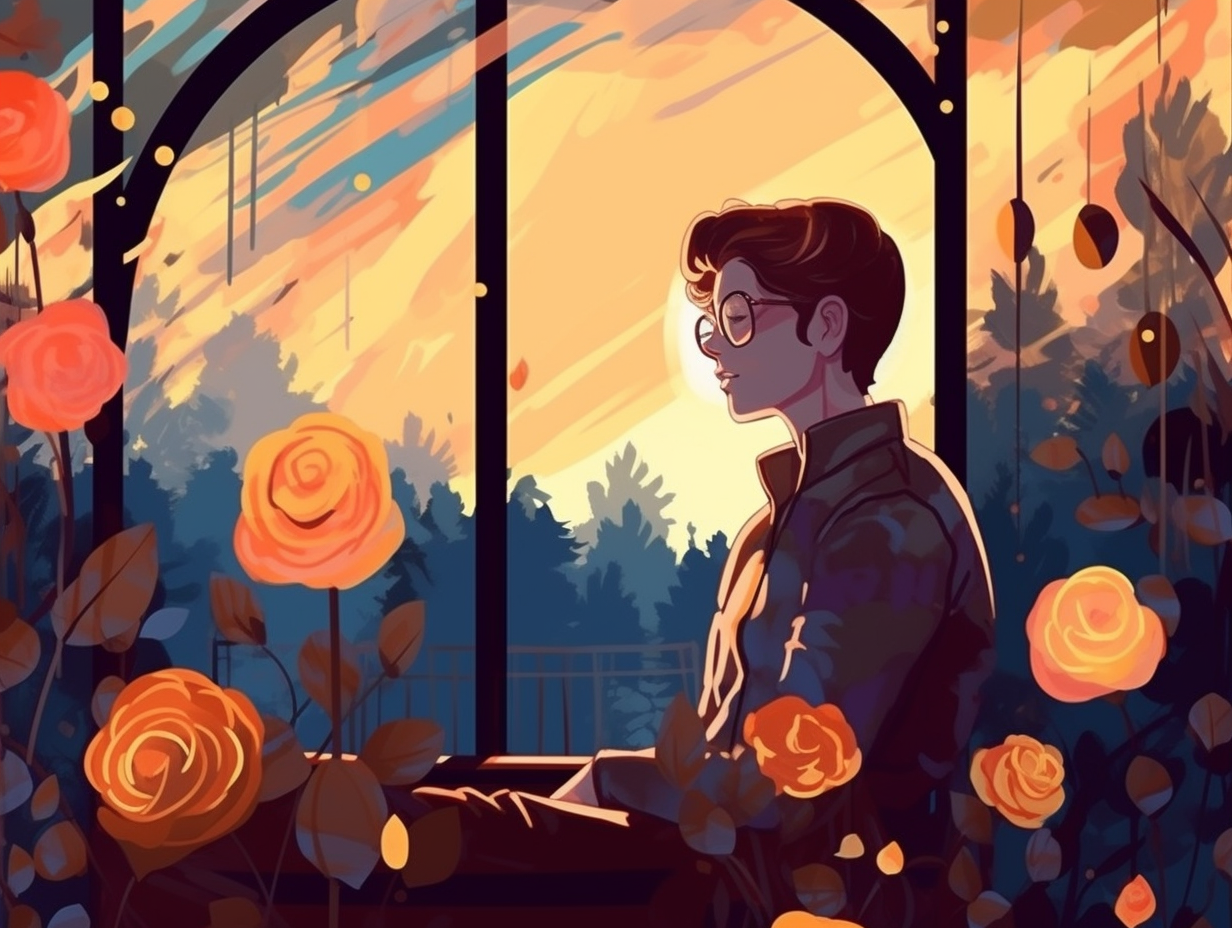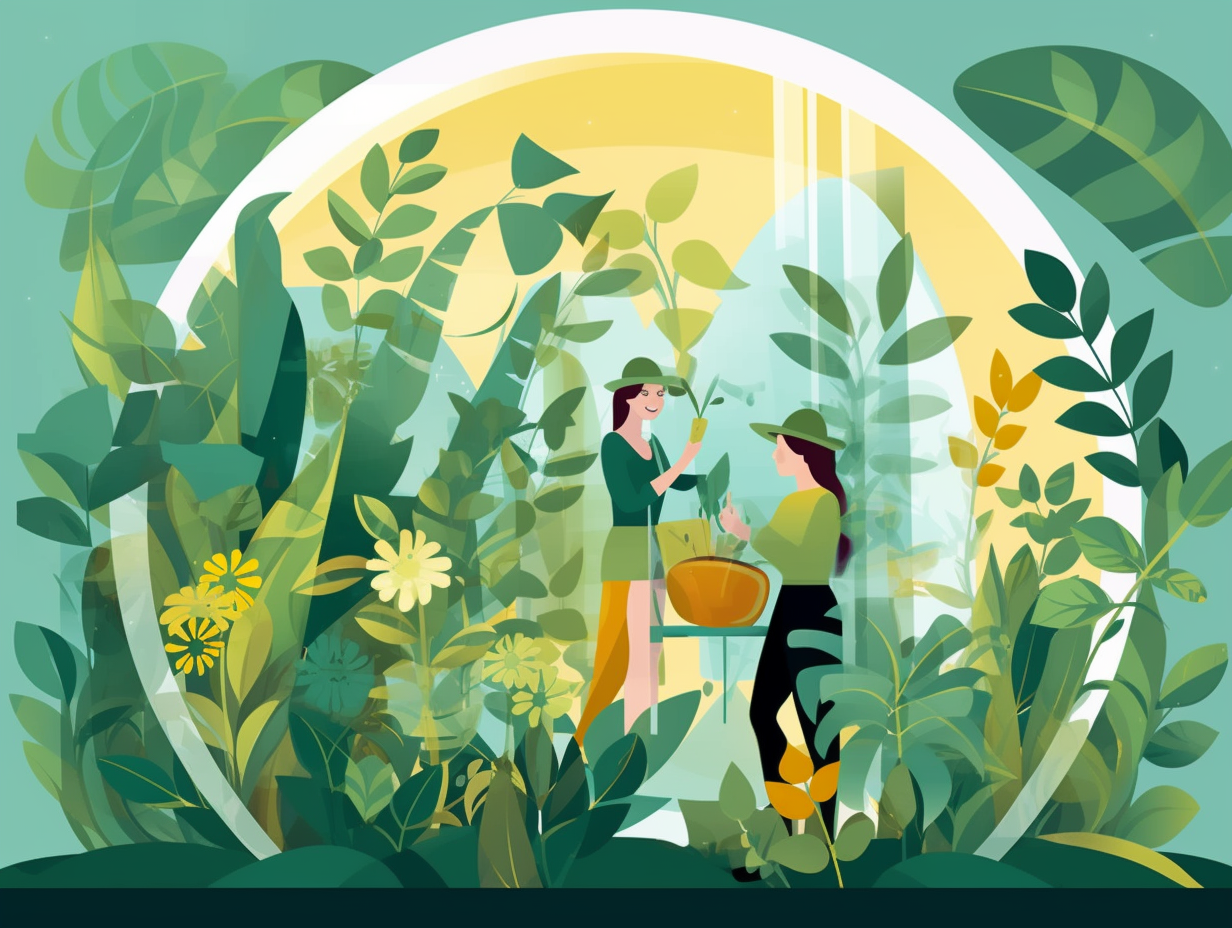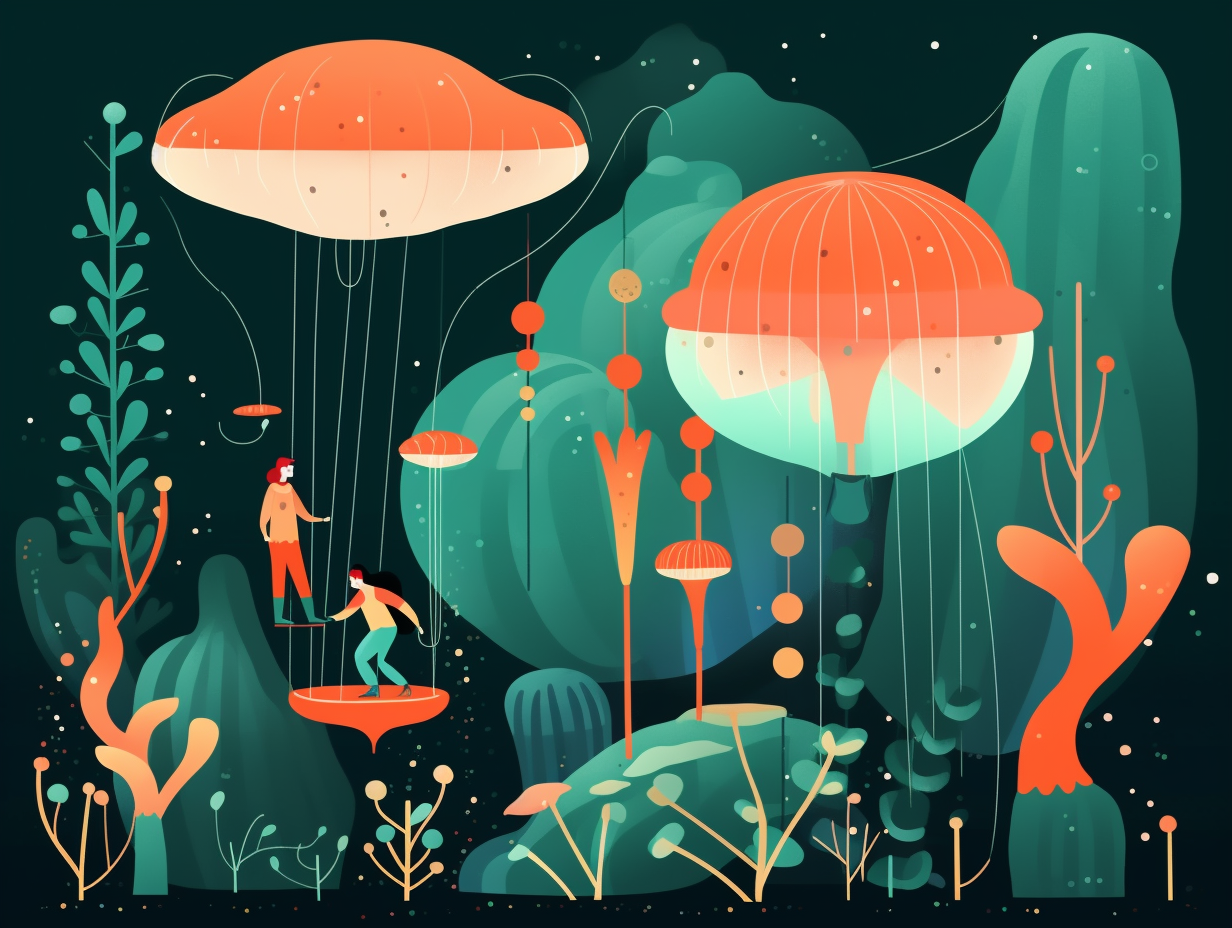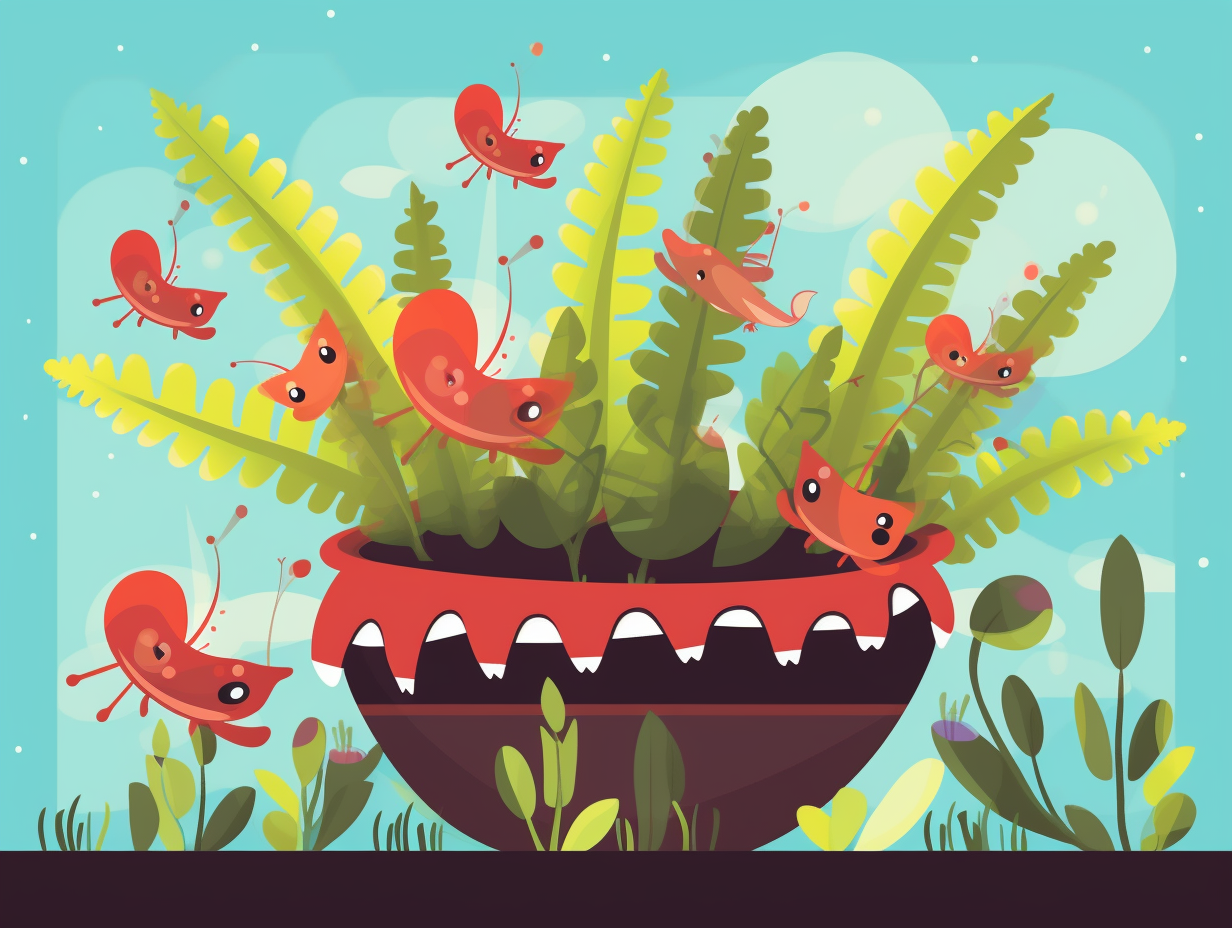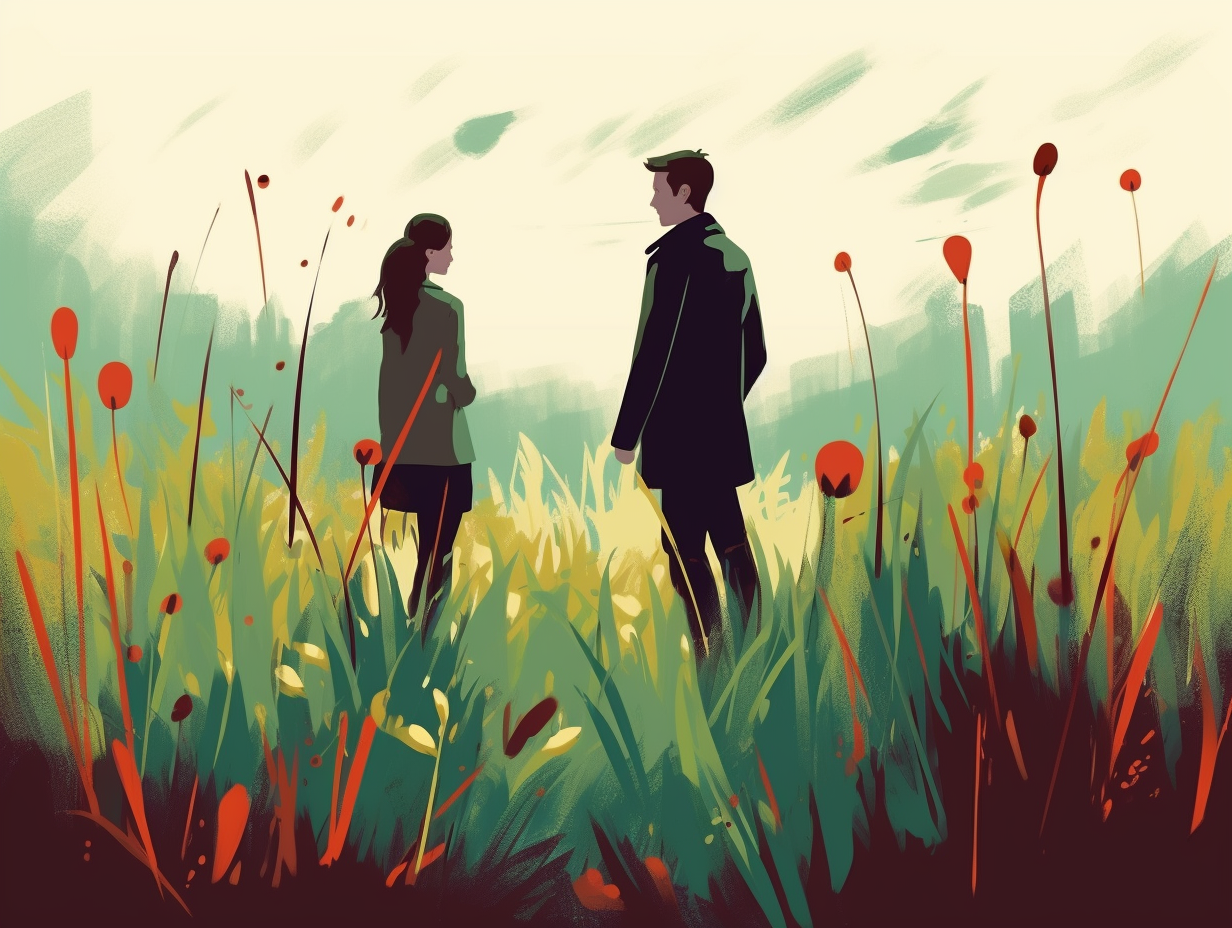Discover the World of Plants: Top 14 Fun Facts About Horticulture You Never Knew!

1. Rainbow Rose Potion
In a delightful twist on the phrase "rose-colored glasses," horticulturists have managed to cook up a real-life rainbow rose by literally dipping their stems into cups of colorful potions: This chromatic wizardry is made possible by slicing a white rose stem into four equal parts and immersing each end into dyed water, causing the petals to take up the dye based on their Fibonacci spiral position, resulting in a stunning multihued flower, courtesy of Peter van de Werken of River Flowers and his groundbreaking research paper, "Gilding the Lilies: Rainbow Roses and Confetti Poinsettias."
Source => botany.one
2. Fungal Dating Preferences
In the great fungal dating game, some plants definitely have a type: those that prefer their partner to be an ectomycorrhizal fungi are a bit stingier with nutrients than the arbuscular mycorrhizal-loving flora! The juicy gossip: A study examining over 17,000 trait observations from 2,940 woody plant species revealed that ectomycorrhizal plants consistently held onto their green and senescent foliar nitrogen and phosphorus, as well as root nitrogen, more tightly than their arbuscular mycorrhizal counterparts.
Source => pnas.org

Did you know plants have their own way of communicating through scented signals? Discover how they warn each other of dangers and invite some unexpected guests!
=> Fun Facts about Plants
3. Bacterial House Party
Sugar and spice and everything nice? More like sugar and bacterial vice! Next time you consider sprinkling some sugar on your orchids to make them flourish, just remember you might be inviting a microscopic house party for bacteria and fungi: Instead, try using kelp extract, which contains beneficial amino acids and organic materials for your plants, without letting the micro-crashers in.
Source => slippertalk.com
4. Acacia Matchmaker Bouncers
When Acacia trees play matchmaker, they also double as bouncers for their little blossoms: In Africa, Acacia trees have formed a symbiotic relationship with ants, offering them food and shelter while receiving protection from munching mammals. However, during flower season, these trees get crafty and engage in chemical warfare by releasing volatile compounds attracting pollinators, whilst spewing chemicals that mimic ants' pheromones for danger, keeping the ants away from the precious flowers—a shining example of the amusing complexity in nature's relationships.
Source => arthurmag.com
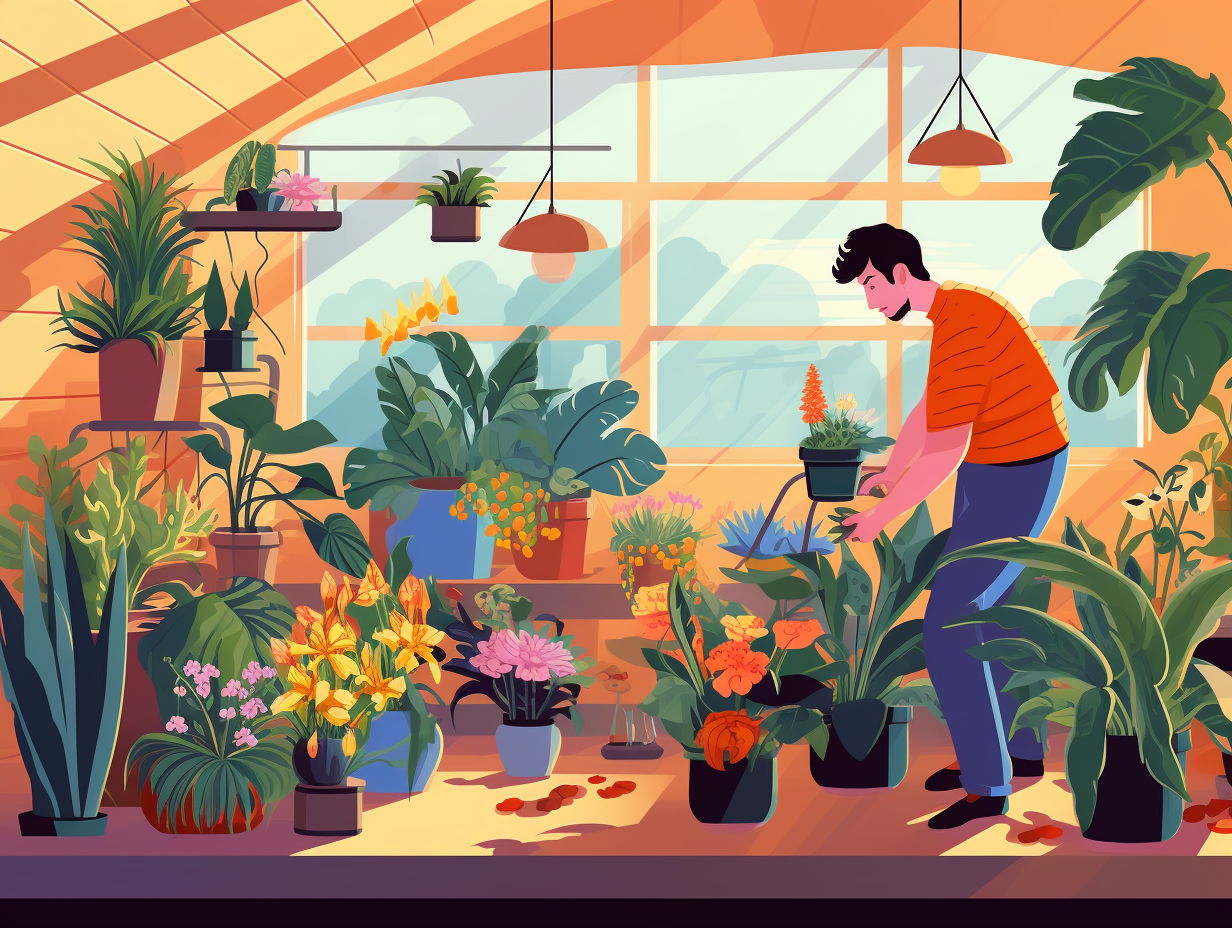
5. Gladiator Flower Poetry
Once upon a time, Roman Gladiators kept stumbling across these spiky, sword-wielding flowers and thought, "By Jupiter, there's something poetic about this floral arena we call Earth!": The Gladiolus, with its sword-shaped leaves, owes its name to the Latin word "gladius," but, contrary to popular myth, has no direct connection to bloody gladiator battles. In fact, these lovely blooms are native to Africa and related to the Iris, often finding themselves in the spotlight of gardens and bouquets since the 1800s, and even occasionally dabbling in the medical field with their healing properties.
Source => frans-flowers.com
6. Sunflower FOMO
Sunflowers, the eternally optimistic flowers with a dash of FOMO: As they mature, their ability to follow the sun (heliotropism) decreases, causing older sunflowers to face east all day long, contrary to their younger counterparts that pivot westward. This East-facing retirement strategy serves them well, as they warm up quicker in the morning sun and attract up to five times more pollinators, like bees.
Source => spectrumlocalnews.com
7. Fire Poppy Phoenix
Talk about rising from the ashes like a botanical phoenix: The fire poppy, or Papaver californicum, only grows in the aftermath of major wildfires, using heat, smoke, or charred soil as signals to sprout and brightening the landscape with its vibrant presence.
Source => theguardian.com
8. Ginkgo Non-Binary Celebrities
When the Ginkgo pendulum swings, it swings both ways: these ancient trees can be either male or female, making Ginkgo biloba the original non-binary celebrities of the plant world. No wonder Tokyo worships them: with their fan-shaped leaves that sway in the wind like botanical Beyoncés and an astonishing 1000-year lifespan, the Ginkgo truly deserves its place as the official tree of the city and a symbol of resilience in Traditional Chinese Medicine.
Source => hudsonriverpark.org
9. Bear Hug Venus Flytrap
Behold, the horticultural embodiment of a bear hug: the Venus flytrap! With the grace of a ballerina and the manners of a famished lumberjack, this quirky green gulper ensnares its prey in a botanical embrace of doom: The Venus flytrap uses hair-like projections on its hinged traps, snapping shut through a unique movement called thigmonasty, actively trapping and feasting upon unsuspecting insects, truly a one-of-a-kind plant species in the world of horticulture.
Source => nwf.org
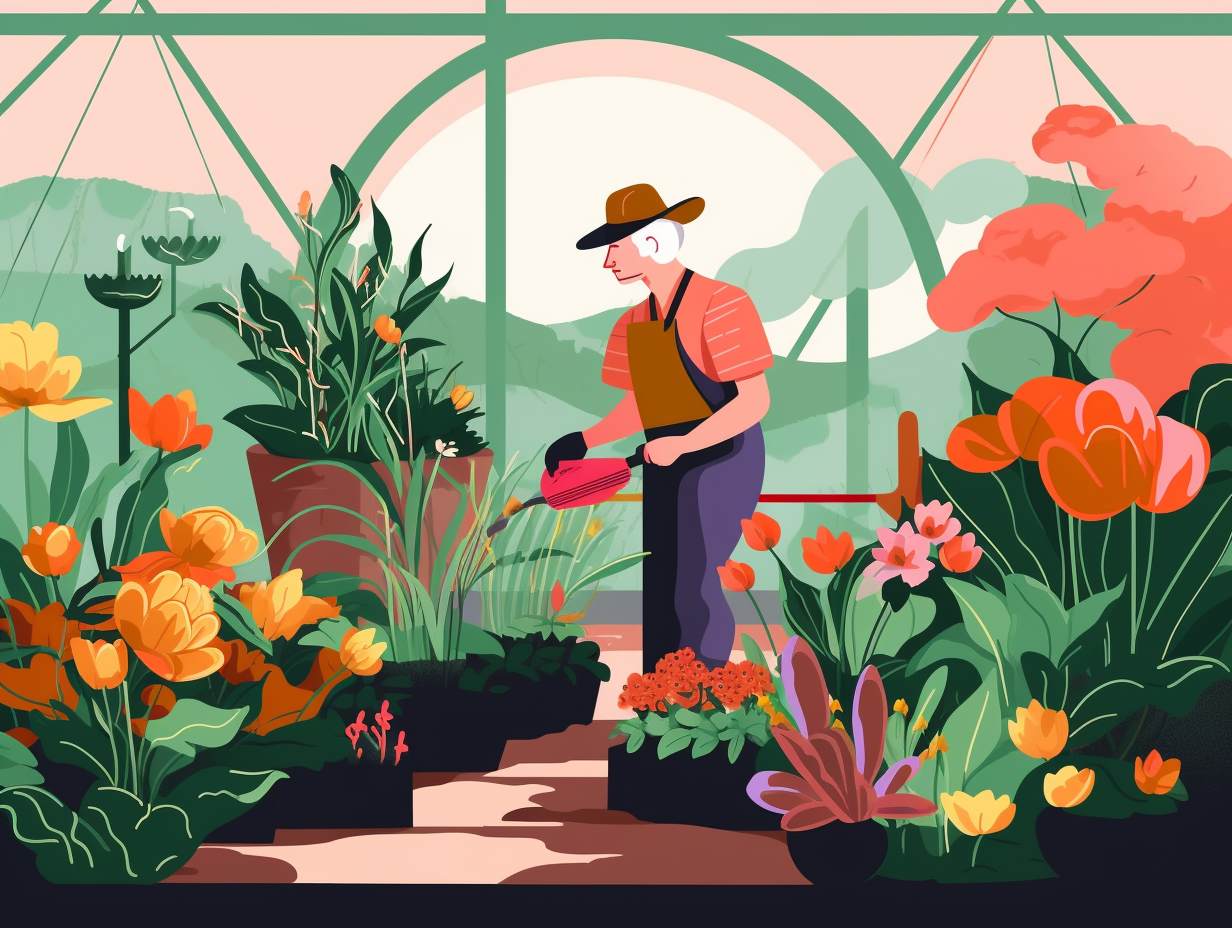
10. Flirty Landscape Technology
When landscape architects tire of playing Mother Nature and decide to flirt with technology instead: They turn to free software solutions like Plan-a-Garden and Land F/X to zip through site surveys and design drafting like a bee in a blossoming garden. These tools buzz with features for generating estimates, expense tracking, and compiling their very own databases of materials, hardscapes, and plants, making the creation of bewitching gardens and landscapes simply enchanting for both them and their clients.
Source => learn.g2.com
11. Mint and Chili Flavor Defenders
If plants had a party, mint and chili peppers would be the life of it with their icy coolness and fiery hotness: These plants produce special molecules like capsaicin and menthol as a defense mechanism against predators, and humans have unintentionally crashed the party by enjoying these fiery and frosty flavors that affect our somatosensory system.
Source => livescience.com
12. Bamboo Speedy Sheriff
Move over Speedy Gonzales, there's a new sheriff in town: The world's fastest-growing plant - bamboo - holds the record for hitting a growth rate of up to 91 centimeters (about 35 inches) in just a single 24-hour period, as documented by the Guinness Book of World Records.
Source => reelpaper.com
13. Kudzu Vine Havoc
It was the best of vines, it was the worst of vines: Kudzu, initially admired for its sweet fragrance and hardy nature in 1876, soon spread through the Southern United States, growing a staggering foot per day and causing havoc to native flora and fauna by displacing them and their habitats.
Source => nature.org
14. Blueberry Royal Secret
Blueberries, the sassy smurfs of the fruit world, have a Royal secret: their fancy blue attire is thanks to anthocyanins, which intriguingly skip the green-to-red dance and aren't just found in blueberries but also in blackberries, tomatoes, and eggplants, painting nature's canvas while sneakily attracting animals for pollination and being antioxidant heroes on the side!
Source => thespruceeats.com
Related Fun Facts

